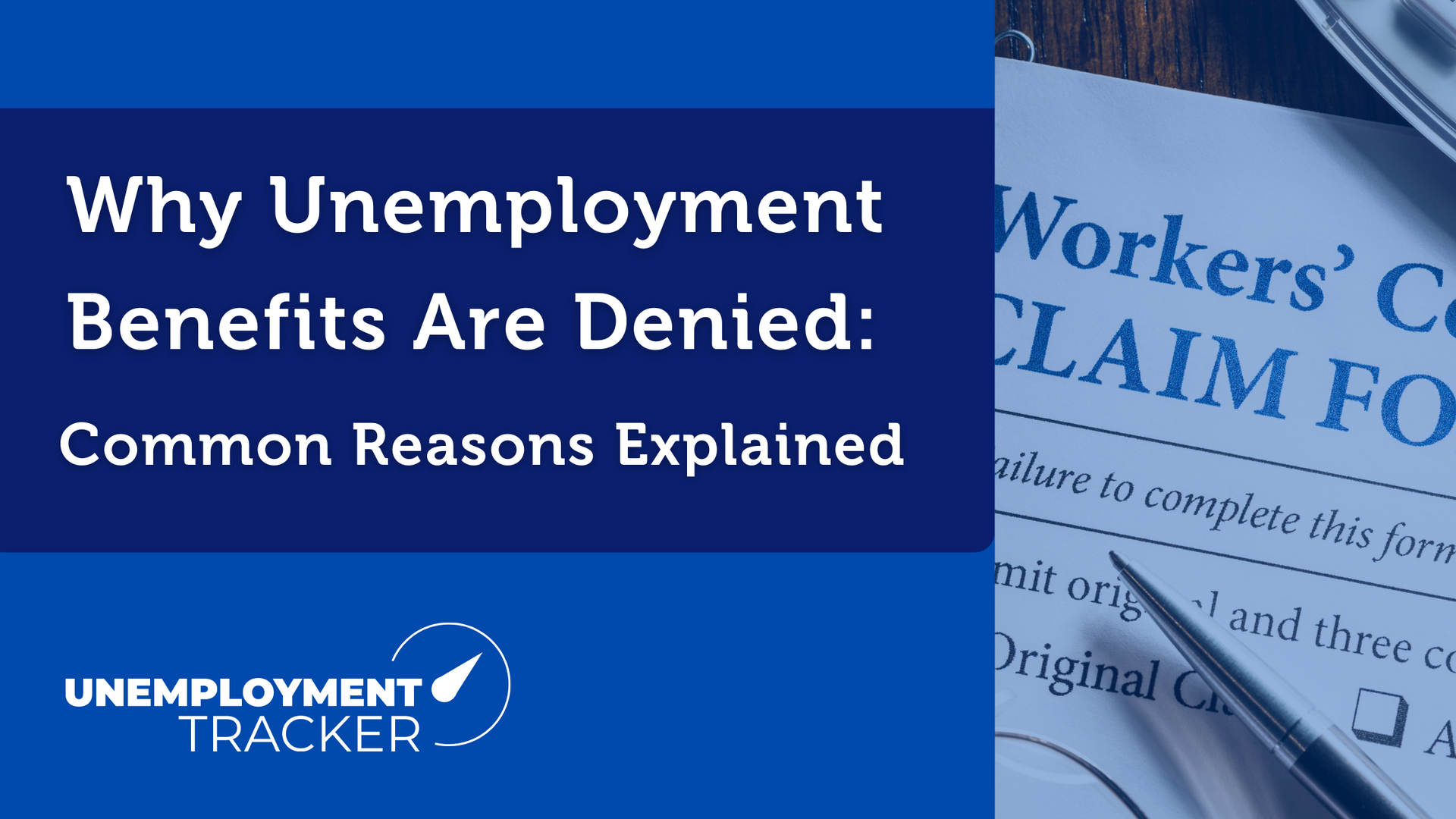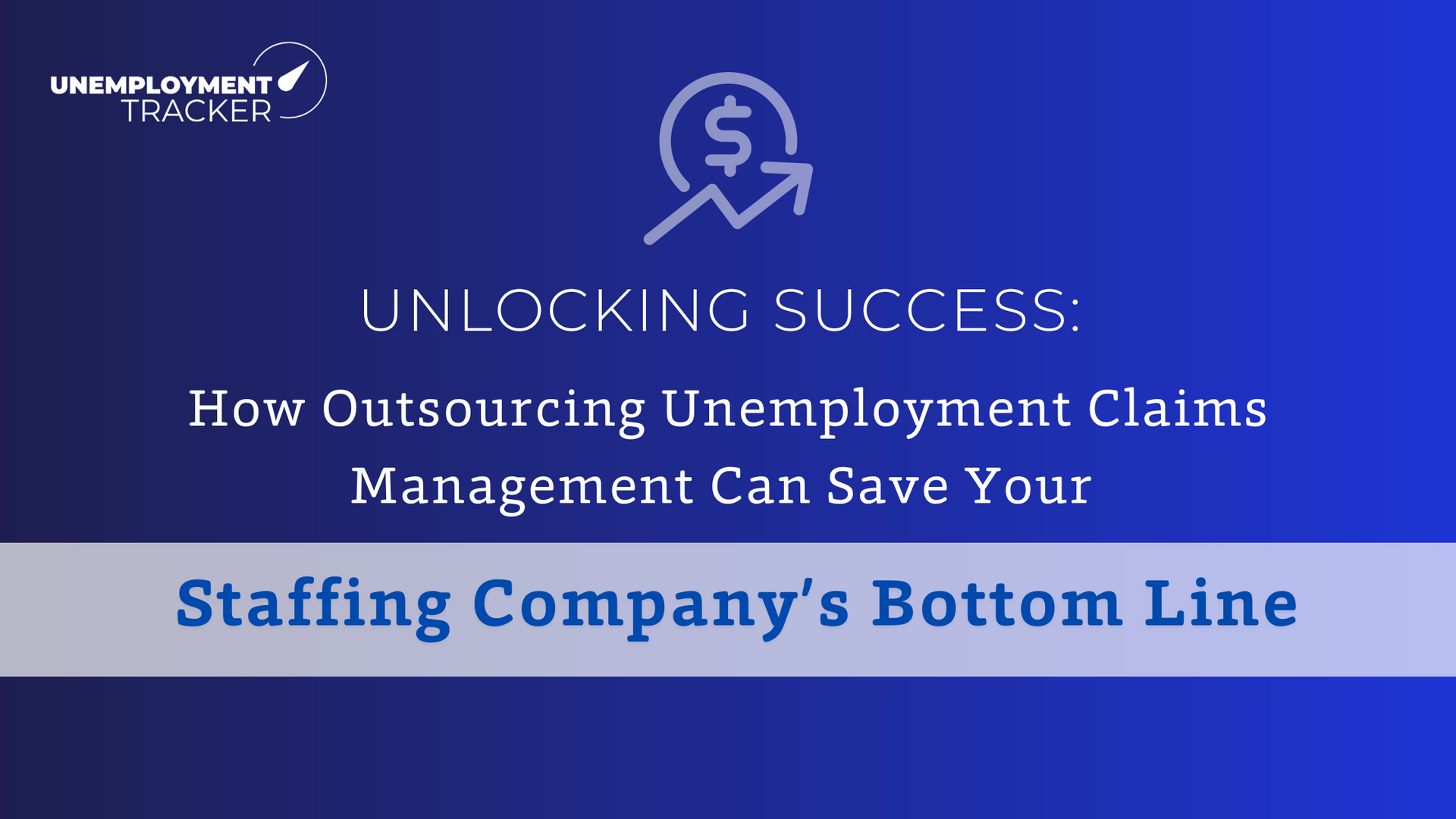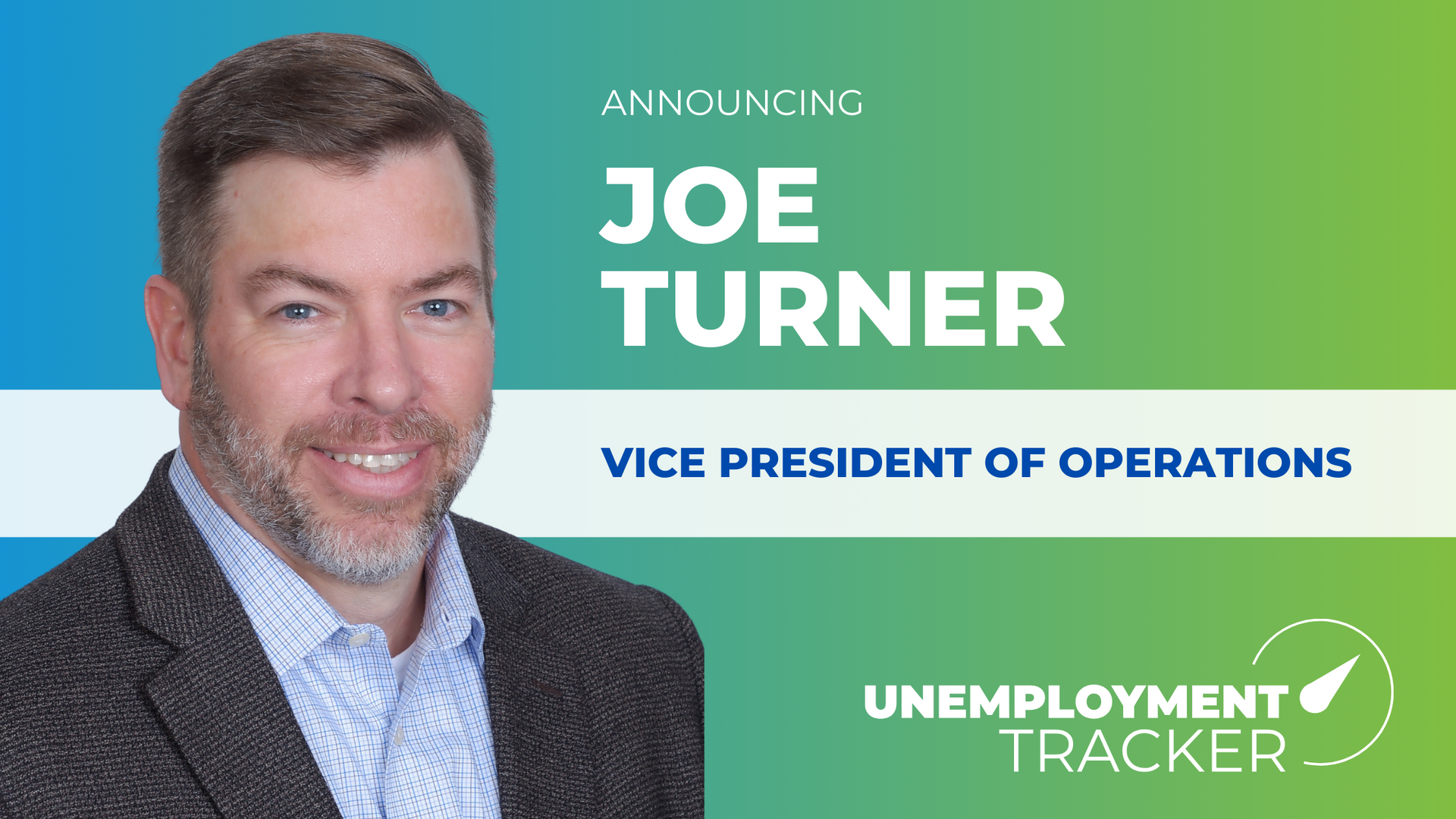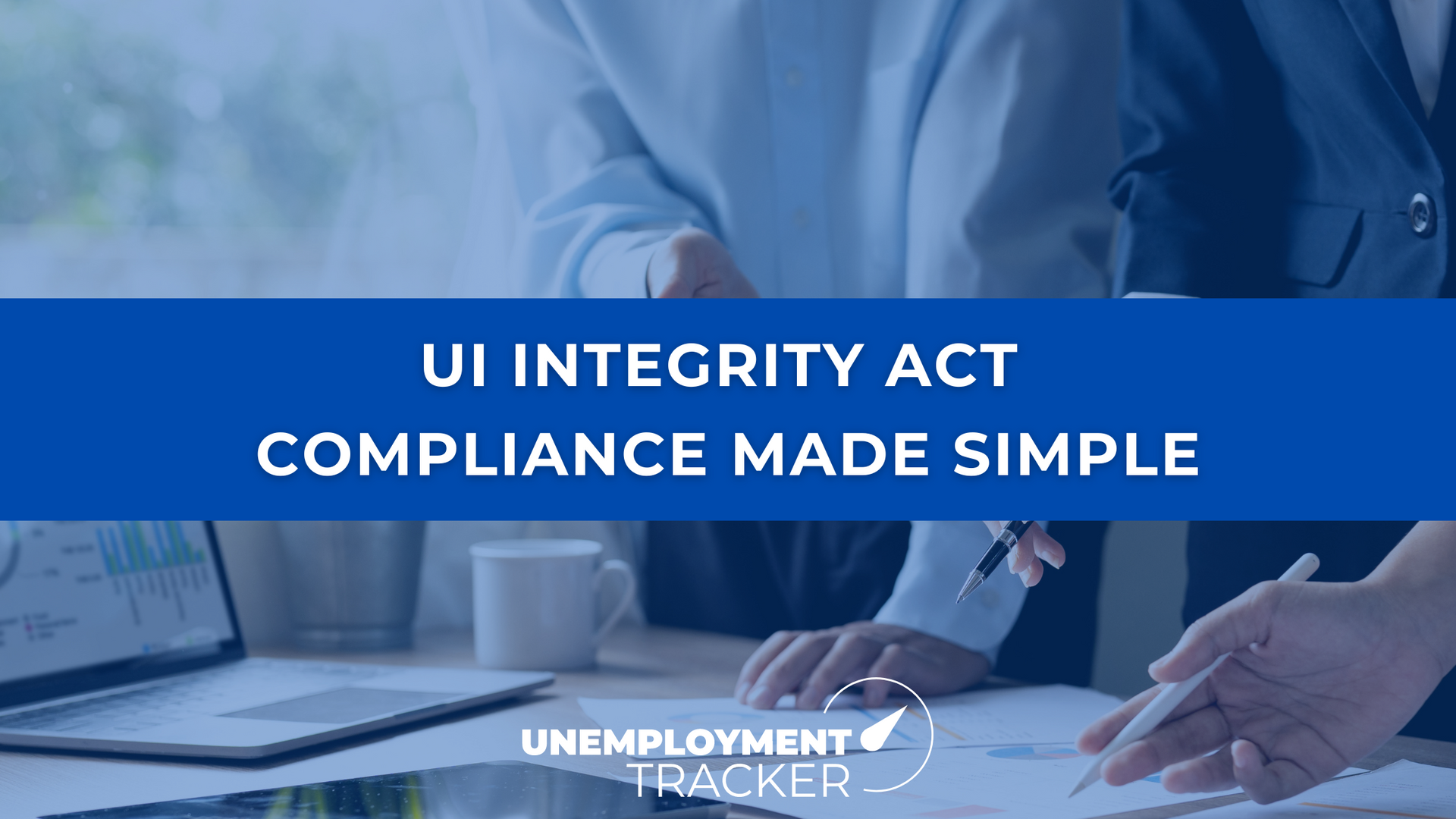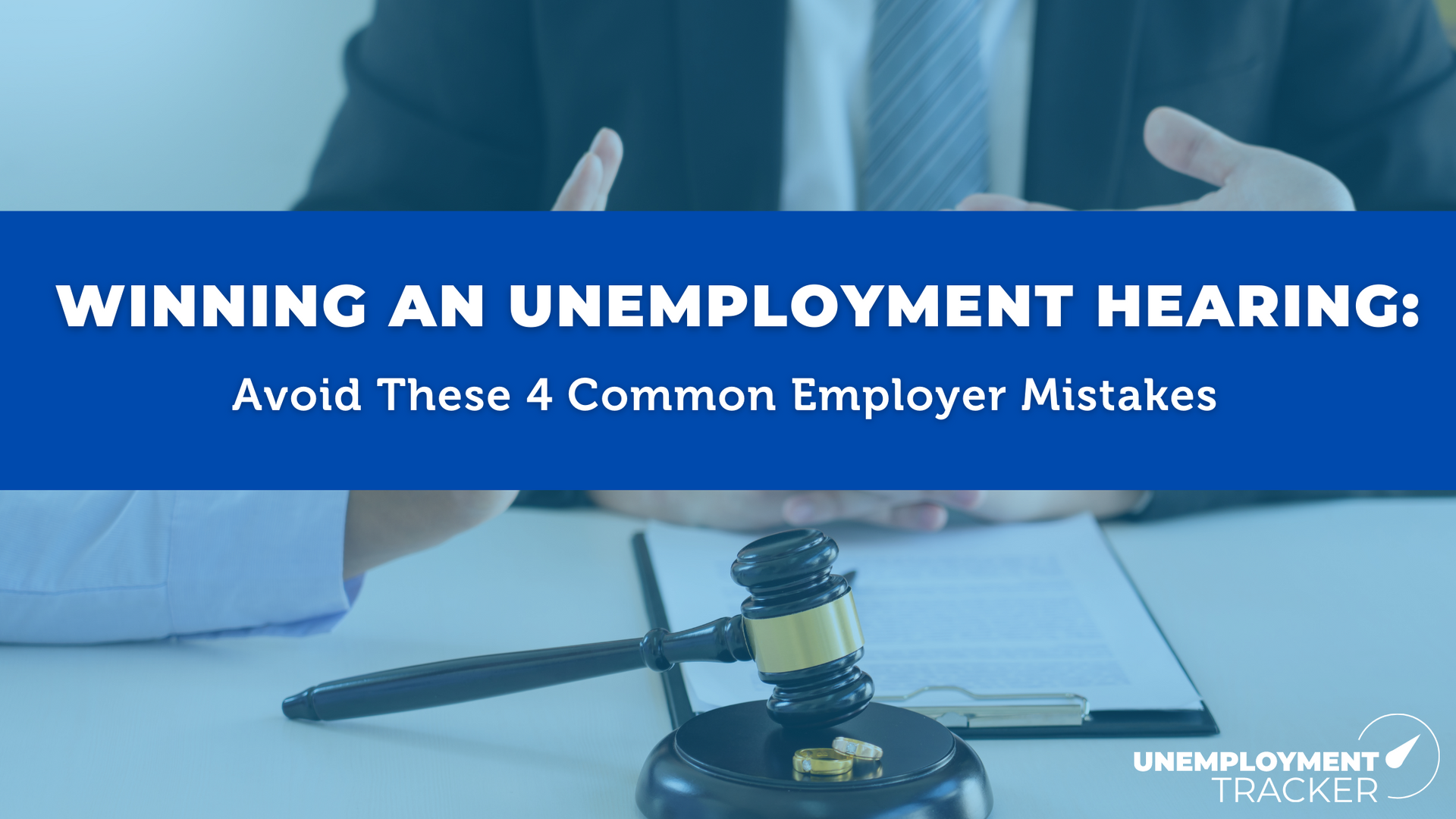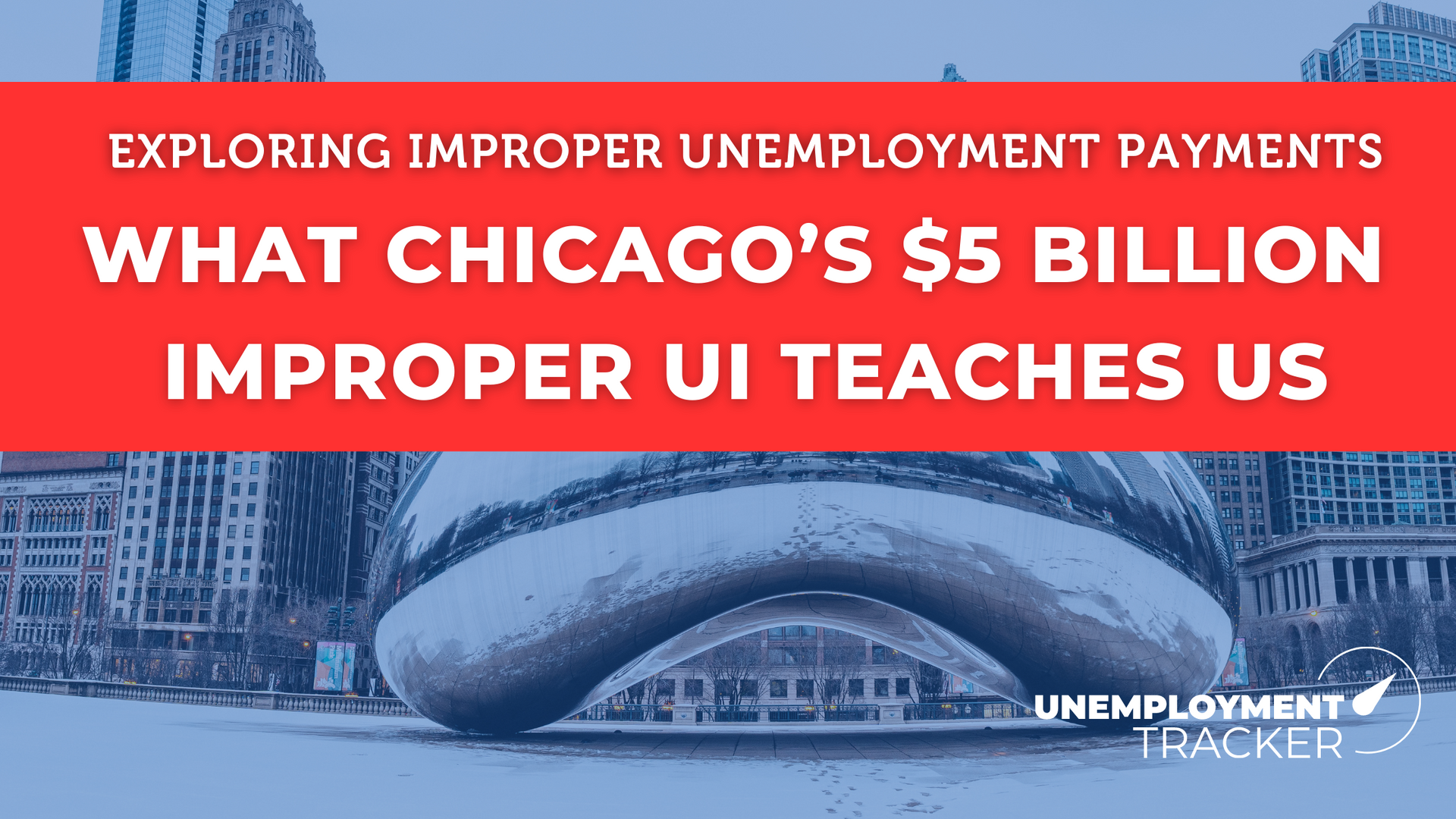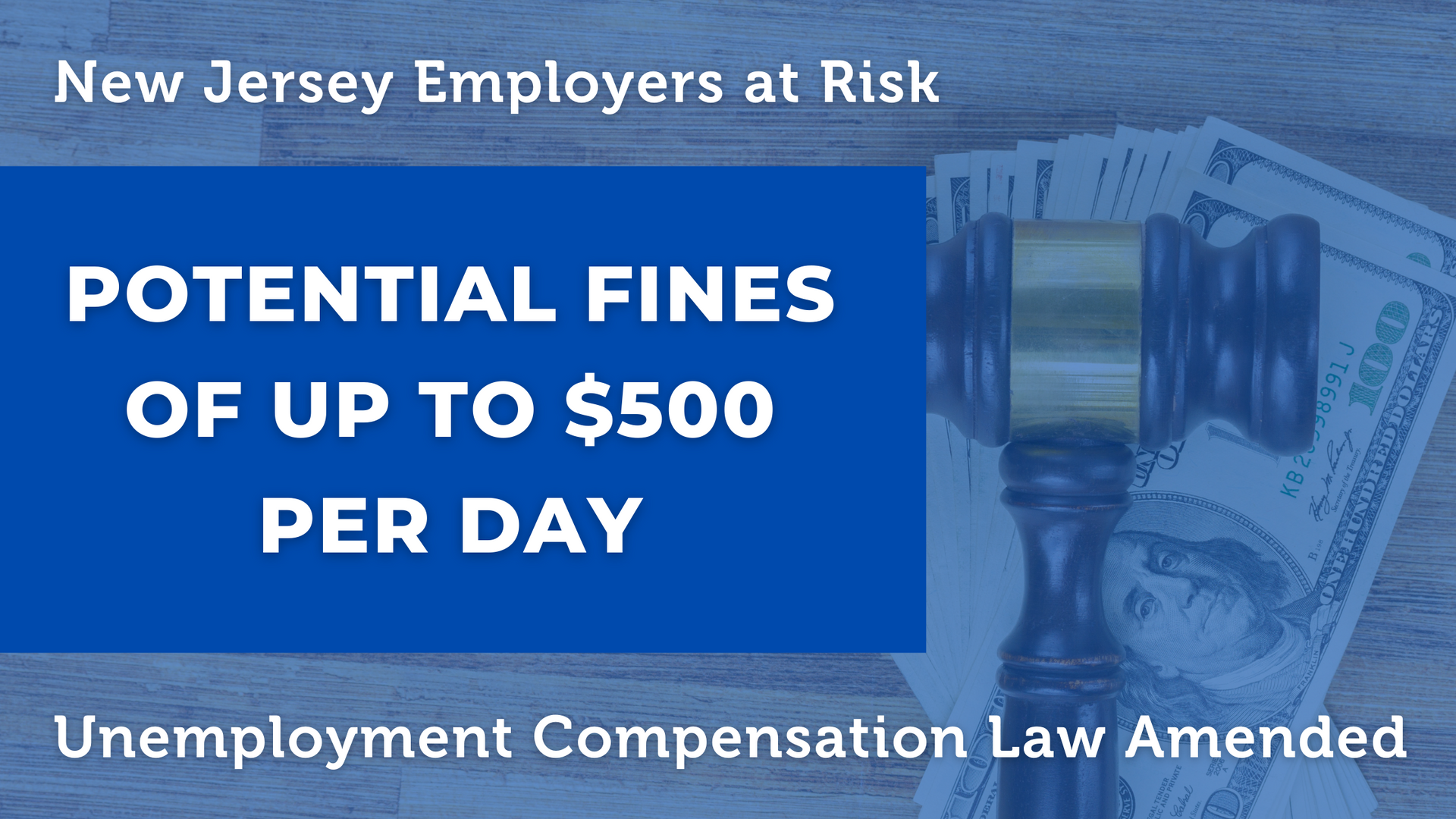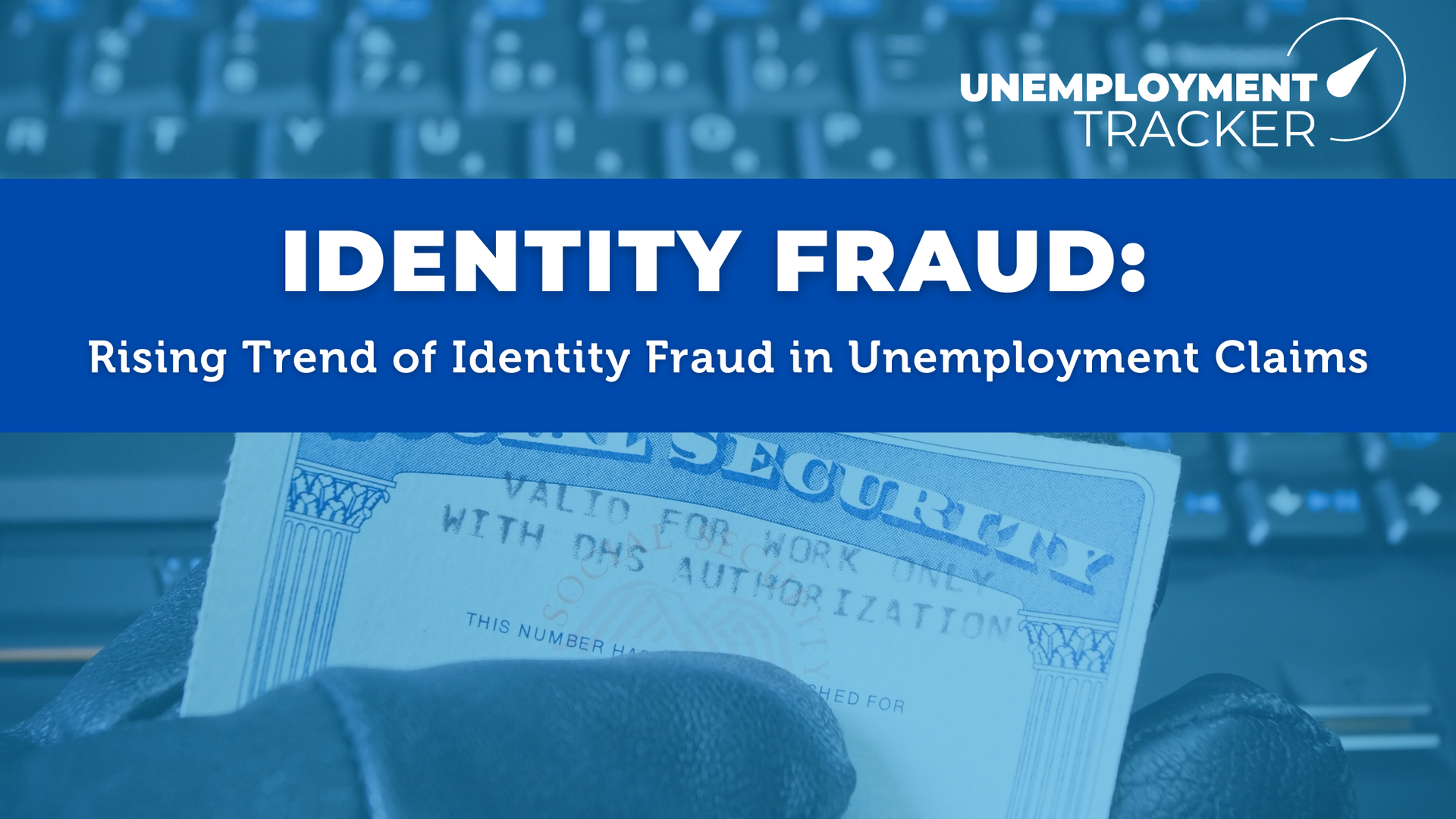Navigating the Intersection of Labor Disputes and Unemployment Compensation: A Look into Current Laws and Gaining New Insights
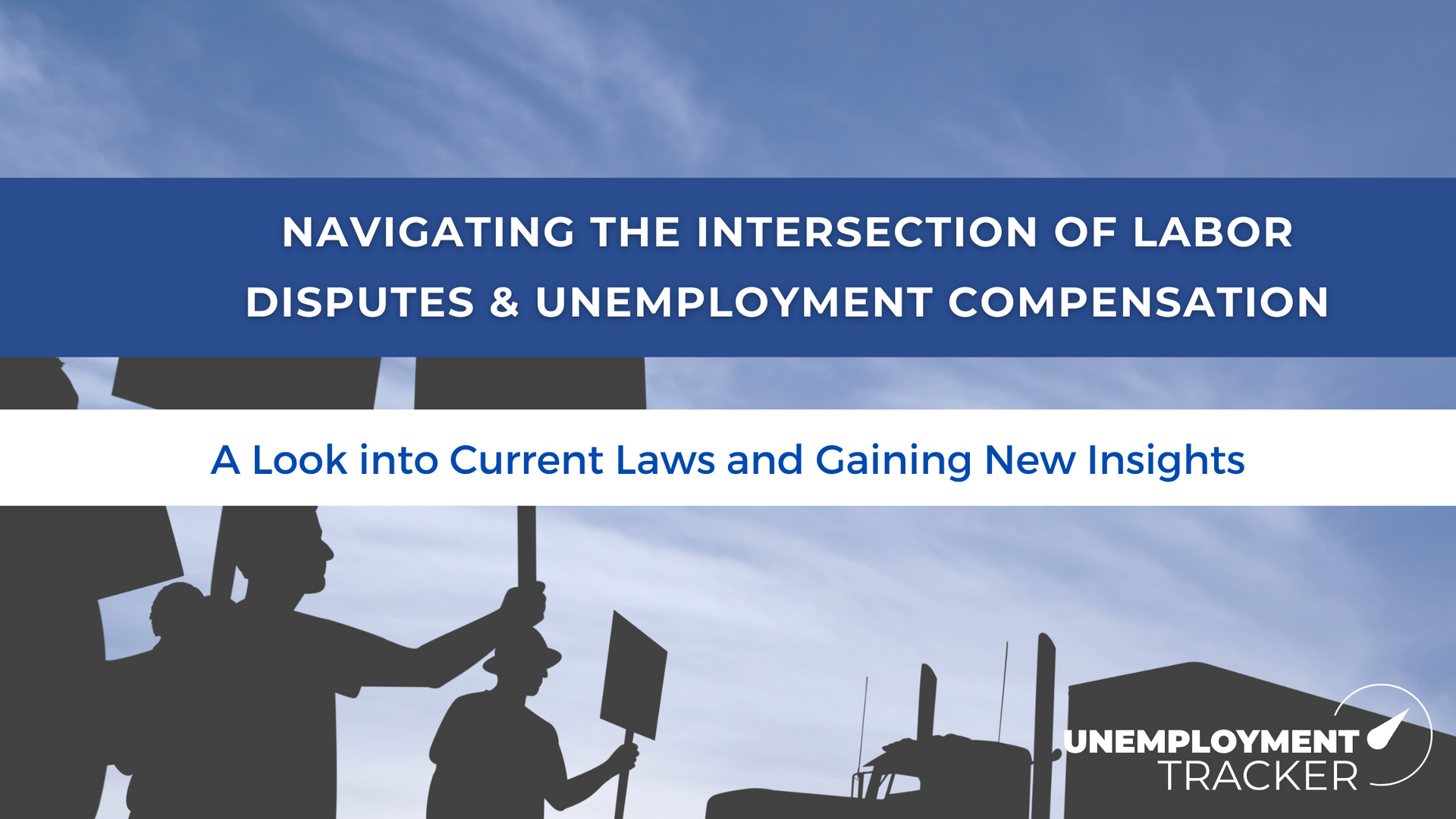
In recent weeks, the employment landscape has been marked by prominent labor disputes. Both the glitzy entertainment sector and the bustling auto industry have taken turns in the spotlight. Notably, there has been an advocacy from union leaders to reconsider the eligibility criteria for unemployment compensation, specifically for those engaging in strikes.
However, it's important to consider the established norm that individuals who voluntarily leave their jobs due to labor disputes often aren't entitled to unemployment benefits. This stance is consistently reflected in state laws, which generally withhold benefits from those involved in such disputes, regardless of whether they are the participants or those financially supporting the cause.
Casting our minds back to 2012, a significant legislative moment reshaped the landscape. The U.S. Congress, with the President's seal of approval, introduced lasting changes through the Middle-Class Tax Relief and Job Creation Act of 2012 (PL 112-96). This legislative shift prompted states to tighten their unemployment insurance (UI) policies. Claimants, to secure their slice of the unemployment compensation pie, needed to demonstrate their readiness and ability to work, along with a continuous pursuit of employment opportunities – a trio of prerequisites that became enforced.
While this framework may initially appear logical, it does introduce complexities. Federal guidelines have the potential to impact states that are seeking to provide compensation to individuals involved in strikes, especially when these individuals are not actively demonstrating their competence, availability, and sincere commitment to seeking new employment opportunities. This highlights the delicate balance required when navigating both participation in a labor dispute and the active search for employment.
The response from the U.S. Department of Labor (US DOL) to state-level proposals extending unemployment compensation benefits to striking participants is currently uncertain. This juncture marks a significant crossroads where a critical decision could shape the trajectory of this intricate matter.
As we navigate these waters where labor disputes intersect with unemployment compensation, maintaining a vigilant watch on the ever-evolving dynamics is paramount. Rest assured,
Unemployment Tracker will ensure you remain well-informed and guided throughout this process.
